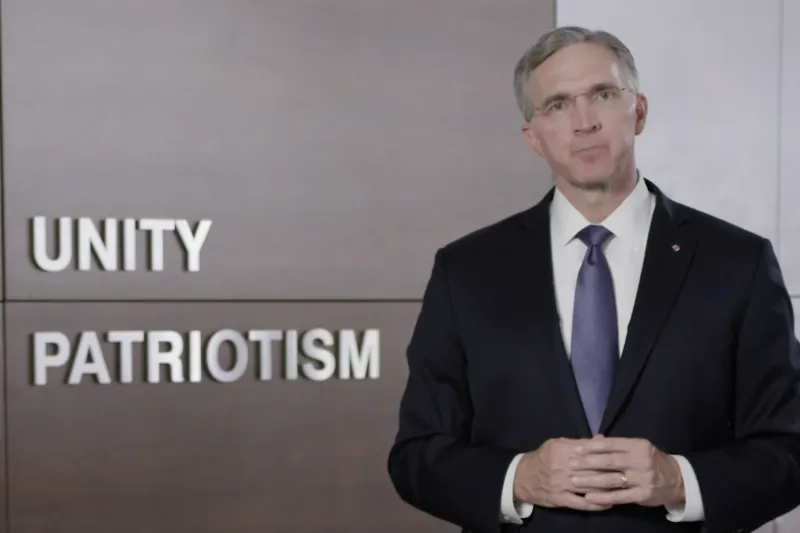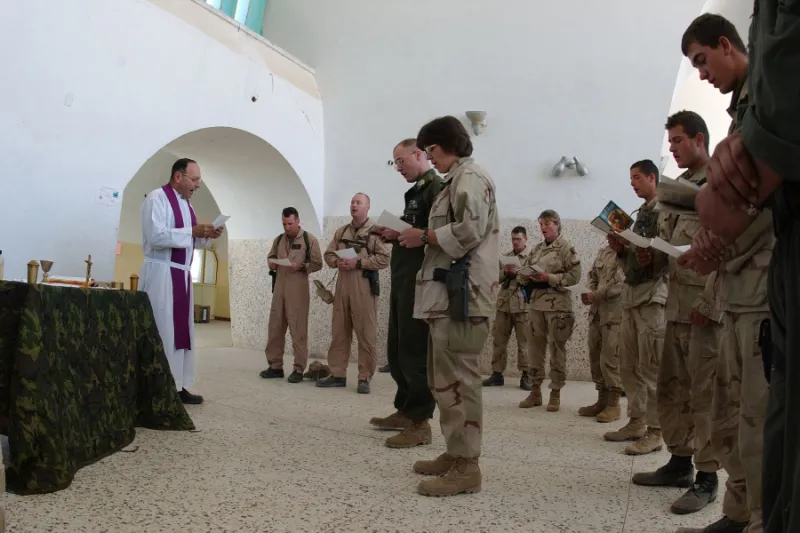
Urgent appeal from Supreme Knight: Start this novena on Christmas Eve for persecuted Christians
 Patrick Kelly, Supreme Knight of the Knights of Columbus, delivers his first Supreme Knight’s Report during the organization’s 139th Annual Convention, Aug. 3, 2021. Credit: Knights of Columbus/screenshot. / null
Patrick Kelly, Supreme Knight of the Knights of Columbus, delivers his first Supreme Knight’s Report during the organization’s 139th Annual Convention, Aug. 3, 2021. Credit: Knights of Columbus/screenshot. / null
Washington, D.C. Newsroom, Dec 23, 2021 / 16:40 pm (CNA).
The head of the Knights of Columbus is asking for the order’s members to consider “a last-minute Christmas gift”: saying a nine-day novena, starting Christmas Eve, on behalf of persecuted Christians around the world.
“In recent weeks, there have been threats of attacks made against Christians and Christian churches in more than a few parts of the world,” Supreme Knight Patrick E. Kelly wrote in an email.
“A friend of the Knights, Bishop Stephen Dami Mamza of the Diocese of Yola, Nigeria, was recently interviewed about the increased threats and violence. When asked if he had a message for Christians around the world, he said simply, ‘we want you to support us with your prayers … without your prayers we may not be able to survive.’”
The Novena For Persecuted Christians begins on Dec. 24 and concludes on Jan. 1, which coincides the World Day of Prayer for Peace.
In recent years Bishop Mamza’s Yola Diocese in northeastern Nigeria has been a flashpoint for suicide bombings and other attacks against Christians by the Islamic terrorist group Boko Haram. Mamza said in a November interview that the persecution of Christians in his country is “more intense now than ever.”
In Nigeria as a whole, at least 60,000 Christians have been killed in the past two decades. An estimated 3,462 Christians were killed in Nigeria in the first 200 days of 2021, or 17 per day, according to a new study.





